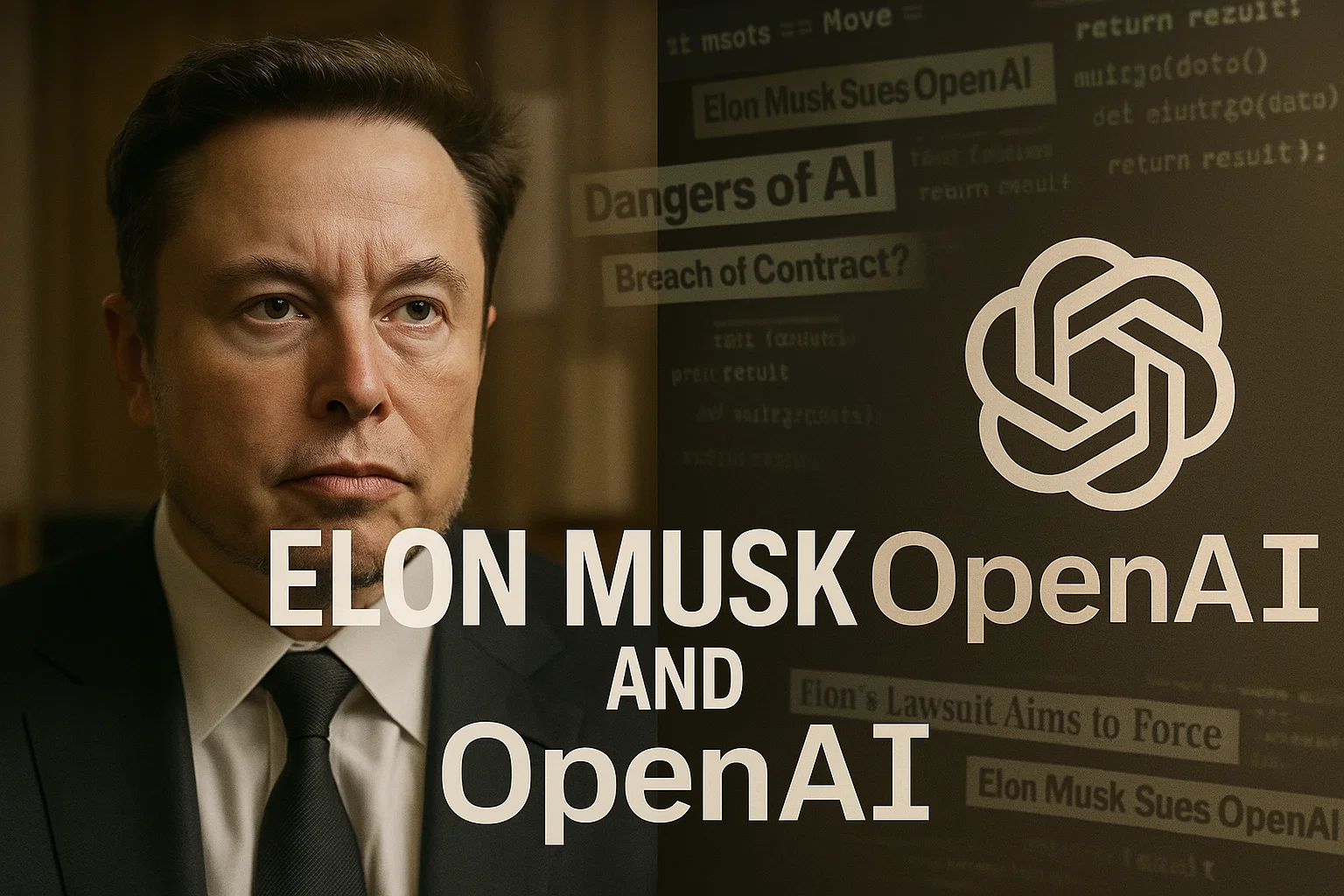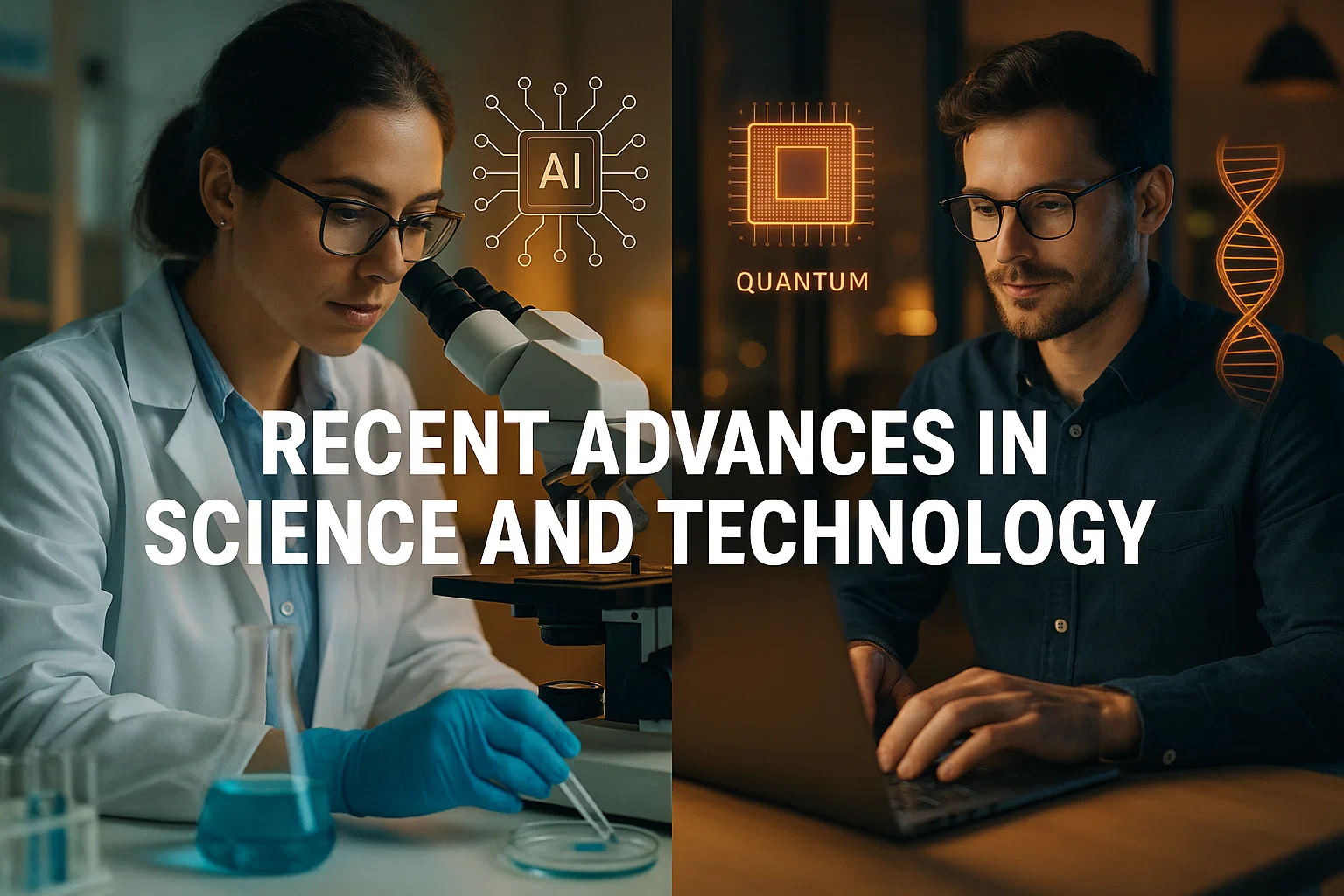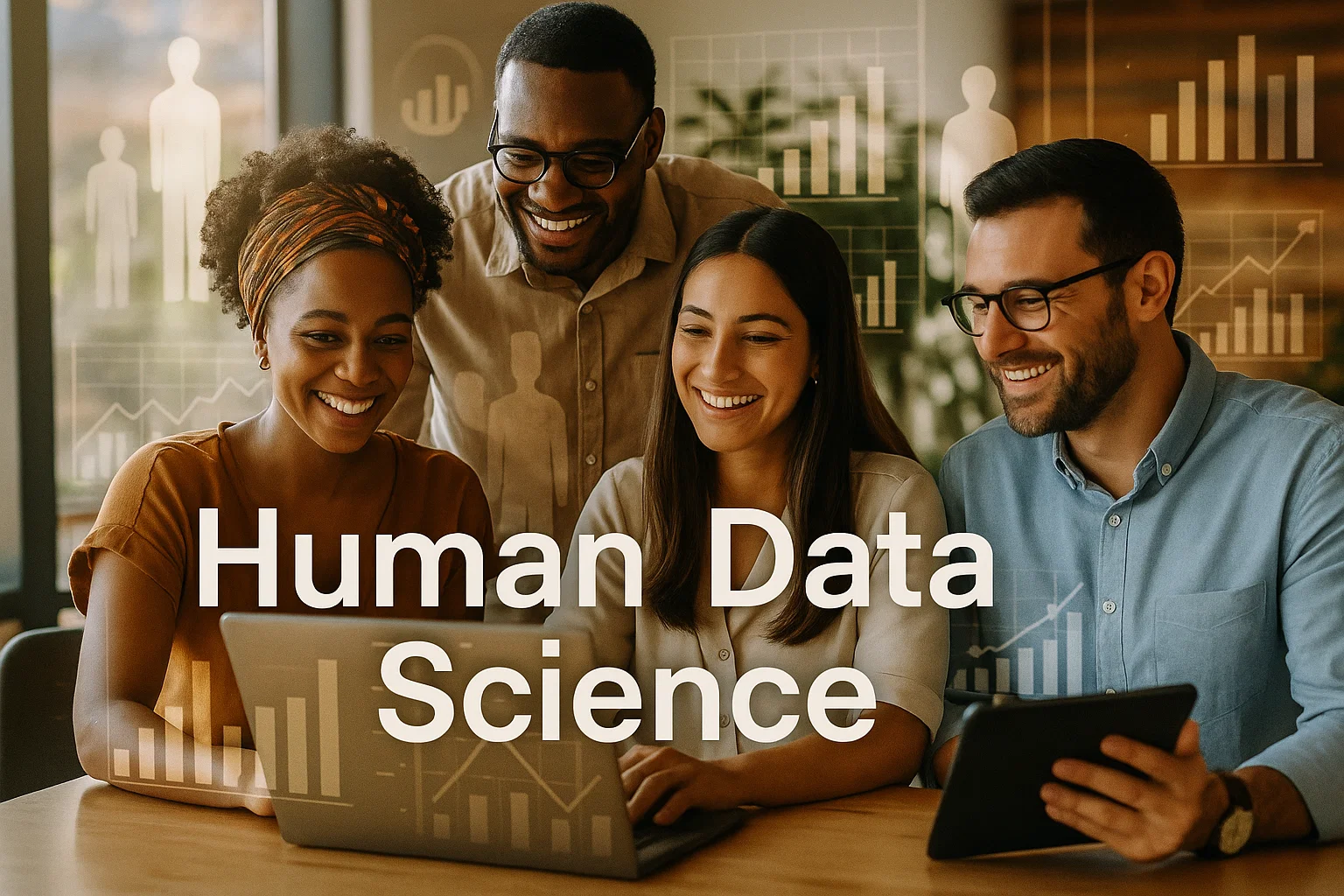Elon Musk and OpenAI have moved from cofounder collaboration to public legal and strategic conflict, involving lawsuits, a major acquisition offer, and talent competition; understand the timeline, risks, and practical steps to monitor and respond.
Introduction
Elon Musk and OpenAI are now the center of a high-profile corporate and legal struggle, and this article is informational with practical takeaways you can use if you are a developer, investor, or product lead watching the AI landscape. I’ll explain how the relationship started, why it unraveled, what the current disputes and litigation mean, and how you can monitor the situation. I’ll mention related entities like xAI and major media coverage early, so you have reliable reference points. In my experience, following verified filings and reputable reporting, rather than social posts, reduces noise and helps you make calm operational choices.
Background: how Elon Musk and OpenAI began, and what changed
Elon Musk was a cofounder and early backer of OpenAI, created to research safe artificial intelligence and share benefits broadly. Public accounts and reporting show Musk joined the founding group while also funding other AI work. He stepped off OpenAI’s board years later, citing conflicts with Tesla, and later became a vocal critic as OpenAI’s structure and ambitions shifted. Wikipedia
Founding and early tension
OpenAI started as a nonprofit research lab with a commitment to open collaboration. Over time, the organization adopted a capped-profit subsidiary model to attract capital and compute resources. Musk and others disagreed with some of the strategic moves, and he publicly signaled that OpenAI was evolving away from its original arrangement. These shifts seeded ongoing public and legal tensions. OpenAI
The modern split
After leaving the board, Musk later launched a competing AI company, xAI, and began accusing OpenAI of actions he considered inconsistent with the original mission, including claims about hiring and organizational control. More recently, these disagreements escalated into lawsuits and counterclaims, and a consortium reportedly led by Musk made a large acquisition offer that OpenAI rejected. These developments have turned founder friction into a public corporate conflict. Reuters
Reporting notes that founder disputes over control and commercialization set the stage for later legal fights and public accusations. (The Verge) The Verge
Industry coverage highlights that the conflict now involves lawsuits, talent movement, and an unsolicited acquisition bid, increasing stakes for the AI ecosystem. (Reuters) Reuters
Why this matters: practical impacts for teams and investors
The Elon Musk and OpenAI dispute matters beyond headlines — it affects hiring, partnerships, regulatory attention, investor sentiment, and the competitive landscape for AI talent and infrastructure.
- Talent flows: aggressive hiring and counter-hiring can raise costs and disrupt projects. Track key hires and departures via reputable reporting. Reuters
- Partnership risk: enterprises integrating OpenAI or xAI tech should monitor contractual and legal risk that might affect SLAs or product roadmaps. Reuters
- Regulatory scrutiny: high-profile disputes attract regulators and lawmakers, which may influence rules for AI governance and competition. Reuters
How to monitor and respond — a practical workflow
If you need to keep your org or investments safe, follow this step-by-step plan.
- Set trusted sources
- Add Reuters, The Verge, and OpenAI’s official announcements to your news feed. Prefer primary filings for legal claims. Use RSS or API-based alerts for quick notices. Reuters
- Track personnel and repo activity
- Monitor LinkedIn for executive moves, and GitHub for changes in key repositories if you rely on open models. Sudden spikes in hiring or repo forks can signal strategy shifts.
- Watch legal filings and acquisition moves
- Monitor court dockets and official press releases for any binding judgments or formal acquisition responses; these are decisive signals compared to commentary. Reuters and court filings are primary here. Reuters
- Assess vendor and API risks
- If your product depends on an AI provider, verify contract terms around outages, force majeure, and personnel transitions. Build fallback integrations to alternate APIs where possible.
- Communicate with stakeholders
- If you manage teams or customers, prepare simple, factual statements. Share contingency plans for service continuity and vendor changes.
Quick automation: monitor OpenAI headlines (Python)
# python
# Simple script to poll OpenAI blog page title for changes, minimal error handling
import requests
from bs4 import BeautifulSoup
def fetch_openai_title():
try:
r = requests.get("https://openai.com/blog", timeout=10)
r.raise_for_status()
soup = BeautifulSoup(r.text, "html.parser")
title = soup.find("title").text if soup.find("title") else "No title found"
return title
except Exception as e:
print("Fetch failed", e)
return None
if __name__ == "__main__":
print(fetch_openai_title())
Explanation: Use this pattern to detect new official posts. Respect site terms and use polite polling intervals in production.
Best practices, tools, and resources
Stay calm, rely on primary documents, and prepare contingencies.
Operational best practices
- Run vendor risk reviews for any service relying on OpenAI or xAI.
- Keep multi-provider capability so a single corporate conflict does not block your product.
- Document reliance on third-party models and legal terms affecting availability and IP.
Tool recommendations
Reuters and AP feeds — Pros: authoritative reporting and accurate legal coverage. Cons: paywalls for some APIs. Tip: add Reuters alerts to your monitoring stack. Reuters
The Verge and Wired analysis — Pros: contextual technology reporting and interviews. Cons: opinionated pieces require cross-checking. Tip: use these to understand narrative and technical implications. The Verge
OpenAI official blog and legal filings — Pros: primary source for company positions. Cons: may be defensive in tone. Tip: rely on filings for legal claims, and blog posts for product changes. OpenAI
Challenges, legal and ethical considerations
The Elon Musk and OpenAI story raises legal, ethical, and operational complications you should plan for.
Legal challenges
- Lawsuits and countersuits: claims of trade secrets, hiring practices, and corporate governance can lead to protracted litigation and injunctions. Follow court filings for authoritative details. Reuters
- Acquisition attempts: large bids may be rejected, but they can reshape governance conversations and investor dynamics. Monitor press releases and board statements. Reuters
Ethical and governance concerns
- Public influence and messaging: high-profile founders shape public narratives, which can affect trust and hiring in the sector.
- Talent mobility: aggressive recruiting can unsettle projects and raise questions about noncompete clauses and contracting ethics.
Compliance checklist
- Confirm contractual clauses for service interruption and IP.
- Keep audit logs of data shared with third-party APIs.
- Consult legal counsel when contracts, filings, or acquisition offers could affect your business.
- If hiring talent from contested firms, review NDA, IP assignment, and noncompete obligations carefully.
Alternatives and mitigations
- Use federated or self-hosted model options to reduce single-vendor risk.
- Maintain small, multi-vendor proof-of-concept integrations to enable fast switching if needed.
Reuters notes that the acquisition bid was rejected and that litigation has escalated, underscoring the importance of watching official filings. (Reuters) Reuters
The Verge’s coverage of internal emails and disputes provides color on founders’ disagreements and how strategic decisions triggered public conflict. (The Verge) The Verge
Conclusion and CTA
The Elon Musk and OpenAI conflict has moved from founder disagreement to legal and strategic confrontation, with real implications for talent, partnerships, and product risk. For your team, the sensible path is calm preparedness: monitor primary filings, keep multi-vendor fallbacks, and tighten vendor and treasury controls. Key takeaways: rely on primary sources, plan fallbacks, consult counsel when legal claims affect your operations.
Welcome to Alamcer, a tech-focused platform created to share practical knowledge, free resources, and bot templates. Our goal is to make technology simple, accessible, and useful for everyone. We provide free knowledge articles and guides in technology, offer ready-to-use bot templates for automation and productivity, and deliver insights to help developers, freelancers, and businesses. If you want help automating monitoring, building fallback integrations, or creating vendor risk playbooks, Alamcer can help you design and implement them.
External resources
- Reuters coverage for legal filings and the acquisition bid. Reuters
- The Verge analysis on founder disputes and internal emails. The Verge
- OpenAI official statements and blog posts, primary source for company positions. OpenAI
- Court and legal filing tracking for ongoing lawsuits. Reuters
Bold takeaways:
Track primary filings, not rumors., Maintain multi-provider capability to reduce vendor risk., Prepare legal review for hires and contracts.
FAQs
elon musk and openai
Elon Musk and OpenAI refers to the founder relationship, public disagreements, legal disputes, and competitive dynamics between Musk and the organization he helped start; monitor primary filings and official statements for accurate updates. OpenAI
Why did Elon Musk leave OpenAI?
Musk publicly cited conflict of interest due to Tesla’s AI work, and reporting suggests deeper strategic and governance differences about control and direction. Semafor
Is there a lawsuit between Musk and OpenAI?
Yes, public reporting indicates lawsuits and countersuits related to governance changes and other disputes, and both parties have filed legal motions. Rely on court filings for definitive claims. The Verge
Could an acquisition change OpenAI’s strategy?
Major acquisition offers can force governance reviews, but OpenAI publicly rejected a recent bid, indicating that strategy changes are complex and contested. Reuters
Should I stop using OpenAI APIs because of this?
Not automatically. Assess contractual protections, SLAs, and build fallback integrations; most enterprises layer risk controls rather than stop using a provider immediately. OpenAI
How do I monitor this situation effectively?
Subscribe to Reuters or AP alerts, track official OpenAI statements, and monitor legal dockets; set up automated feeds and multi-source verification. Reuters
Can talent movement between firms affect my hires?
Yes, aggressive hiring or counteroffers can raise competition for skilled engineers; plan offers and review contractual clauses for new hires carefully. Reuters
What are safe fallback strategies for AI providers?
Build abstraction layers that let you swap models, use open-source checkpoints for local inference, and maintain minimal feature parity across providers for quick switches.
When should I consult a lawyer?
Consult legal counsel if you face contract, IP, or employment questions tied to hiring from contested firms, or if litigation could affect your vendor relationships.
Compliance & disclaimer
This article is informational and not legal advice. For legal, tax, or contract guidance related to vendor agreements, hires, or litigation, consult a qualified professional. Follow platform Terms of Service and privacy regulations for any monitoring or data collection you implement.



